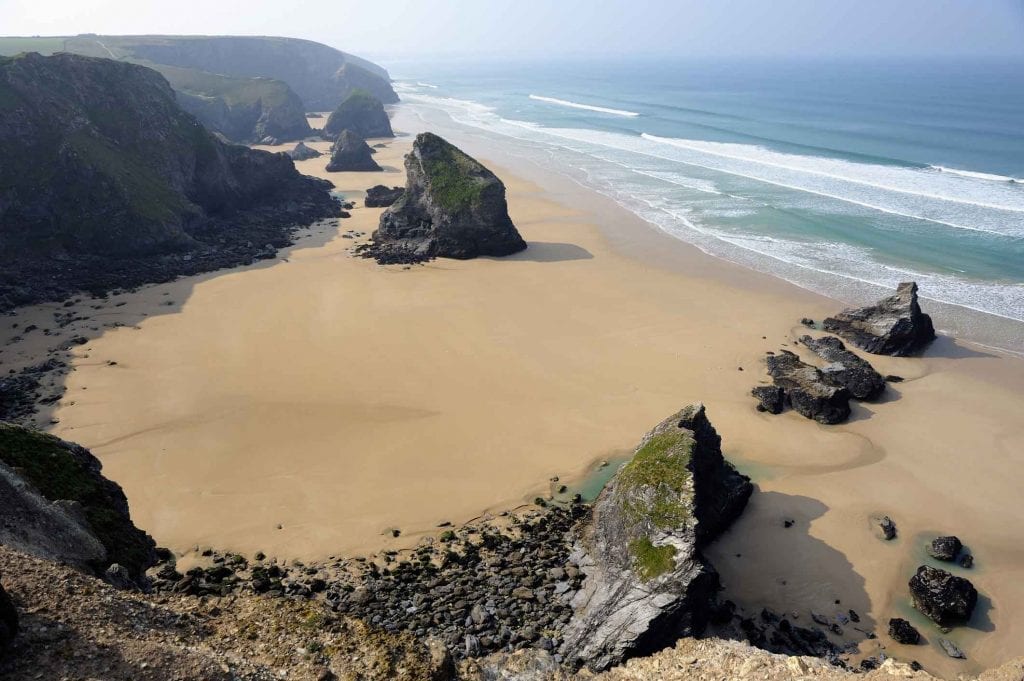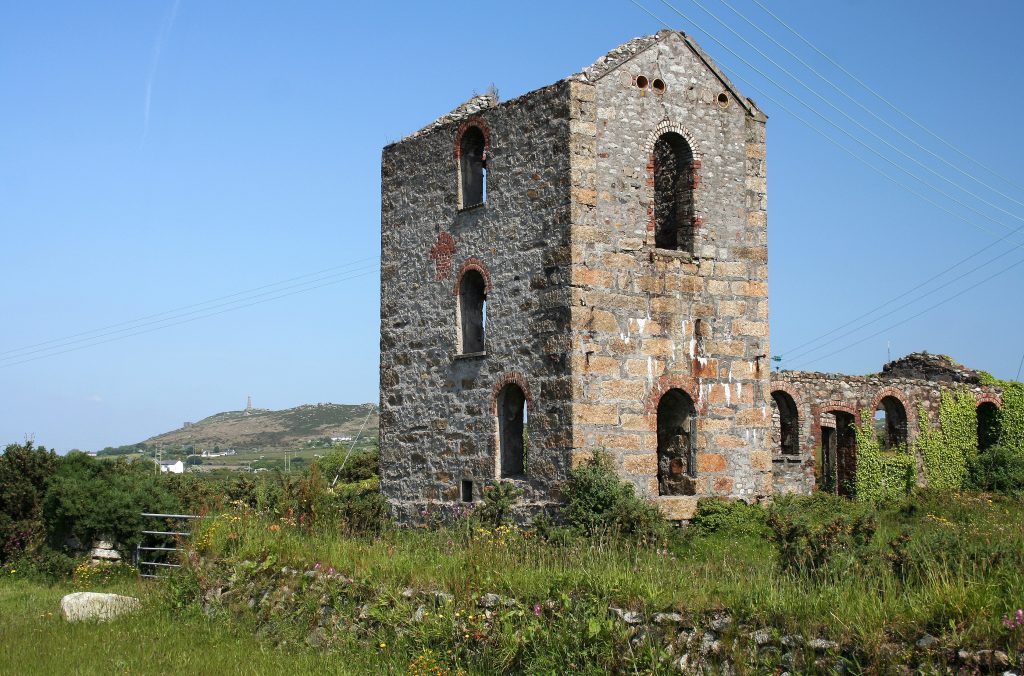The Poldark series has brought Cornwall’s mining history to life – it has injected it with passion to make it understandable, accessible and, most significantly, of interest to the masses. Poldark is so much more than a decent story, Cornwall is so much more than a fabulous film set.
Here’s what we’ve learnt about Cornwall and Cornish mining thanks to Poldark…
- That smugglers were not necessarily the evil law breakers that they are often portrayed as, but were merely men trying to keep their families alive by whatever means necessary.
- That Cornish mining produced many innovations which influenced the development of global mining during the nineteenth century.
- That our modern world has been shaped and made possible by the lives, experiences and characters of thousands of ordinary Cornish men, women and children who made Cornish mining work, whatever the difficulties.
- That the life of a miner was almost always a struggle. They were subject to international metal prices, to world politics, to accidents of geology, to the evaporations of shareholder confidence.
- That the harsh conditions bred a strong sense of self-reliance, whilst shared experience built strong communities and a unique nowhere-else-quite-like-it culture that still holds true in Cornwall today.
- That pilchard shoals often made the difference between survival or starvation for coastal communities. So that explains the adulation of series one when Ross and Demelza helped bring in the catch!.
- That engine houses synonymous with Cornish mining heritage numbered in the thousands at the height of the industry.
For more on how Cornwall’s mining culture has helped shaped the world and to discover the areas that make up the Cornish Mining World Heritage Site, jump over to cornish-mining.org.uk


